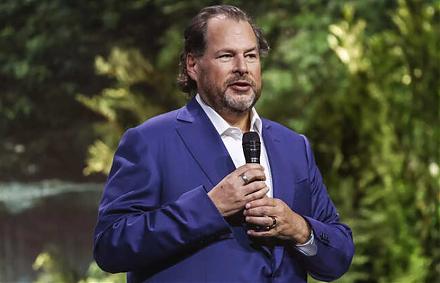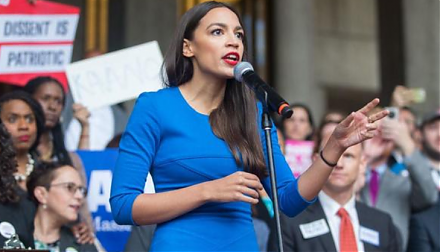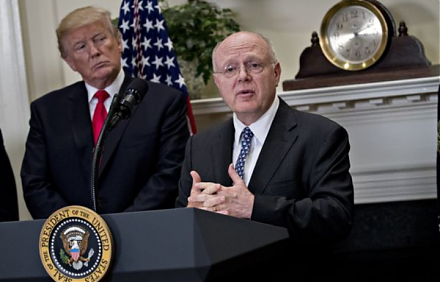

2019-01-05 11:39:00 Sat ET
treasury deficit debt employment inflation interest rate macrofinance fiscal stimulus economic growth fiscal budget public finance treasury bond treasury yield sovereign debt sovereign wealth fund tax cuts government expenditures
Reuters polls show that most Americans blame President Trump for the recent U.S. government shutdown. President Trump remains adamant about having to shut down the U.S. government in order to acquire at least $5 billion public finance for the southern border wall. This border security tax helps fulfill one of his presidential campaign promises on U.S. immigration, which has long been a major source of diverse vitality for the American dream.
The Trump intransigence is illustrative of his wider political philosophy, which often hinges on performing for the Republican base (rather than gauging the key popular mood of the whole country). The rapid rise of President Trump has been the natural result of his inclination toward *political tribalism*. This tribalism often leads Trump to design policies in a consistent way that places his political prospects squarely on the fervent loyalty of fellow Republicans. After losing House majority control to Democrats in the November 2018 midterm elections, President Trump entrenches himself and mocks those moderate Republican losers instead of expressing regret-and-contrition or pledging to collaborate with Democrats. The tactic works wonders for President Trump as 75% of Republicans favor building the border wall despite declining approval in the general polls.
If any of our AYA Analytica financial health memos (FHM), blog posts, ebooks, newsletters, and notifications etc, or any other form of online content curation, involves potential copyright concerns, please feel free to contact us at service@ayafintech.network so that we can remove relevant content in response to any such request within a reasonable time frame.
2025-10-09 11:30:00 Thursday ET

Stock Synopsis: With a new Python program, we use, adapt, apply, and leverage each of the mainstream Gemini Gen AI models to conduct this comprehensive fund
2023-05-28 10:24:00 Sunday ET

Thomas Piketty connects the dots between economic growth and inequality worldwide with long-term global empirical evidence. Thomas Piketty (2017) &nbs
2019-03-23 09:31:00 Saturday ET

Congresswoman Alexandria Ocasio-Cortez proposes greater public debt finance with minimal tax increases for the Green New Deal. In accordance with the modern
2019-01-31 08:40:00 Thursday ET

We offer a free ebook on the latest stock market news, economic trends, and investment memes as of January 2019: https://www.dropbox.com/s/4d8z
2018-11-30 12:42:00 Friday ET

Andy Yeh Alpha (AYA) AYA Analytica financial health memo (FHM) podcast channel on YouTube November 2018 AYA Analytica is our online regular podcast and news
2018-10-15 09:33:00 Monday ET

Several pharmaceutical companies now switch their primary focus from generic prescription drugs to medical specialties such as cardiovascular medications an